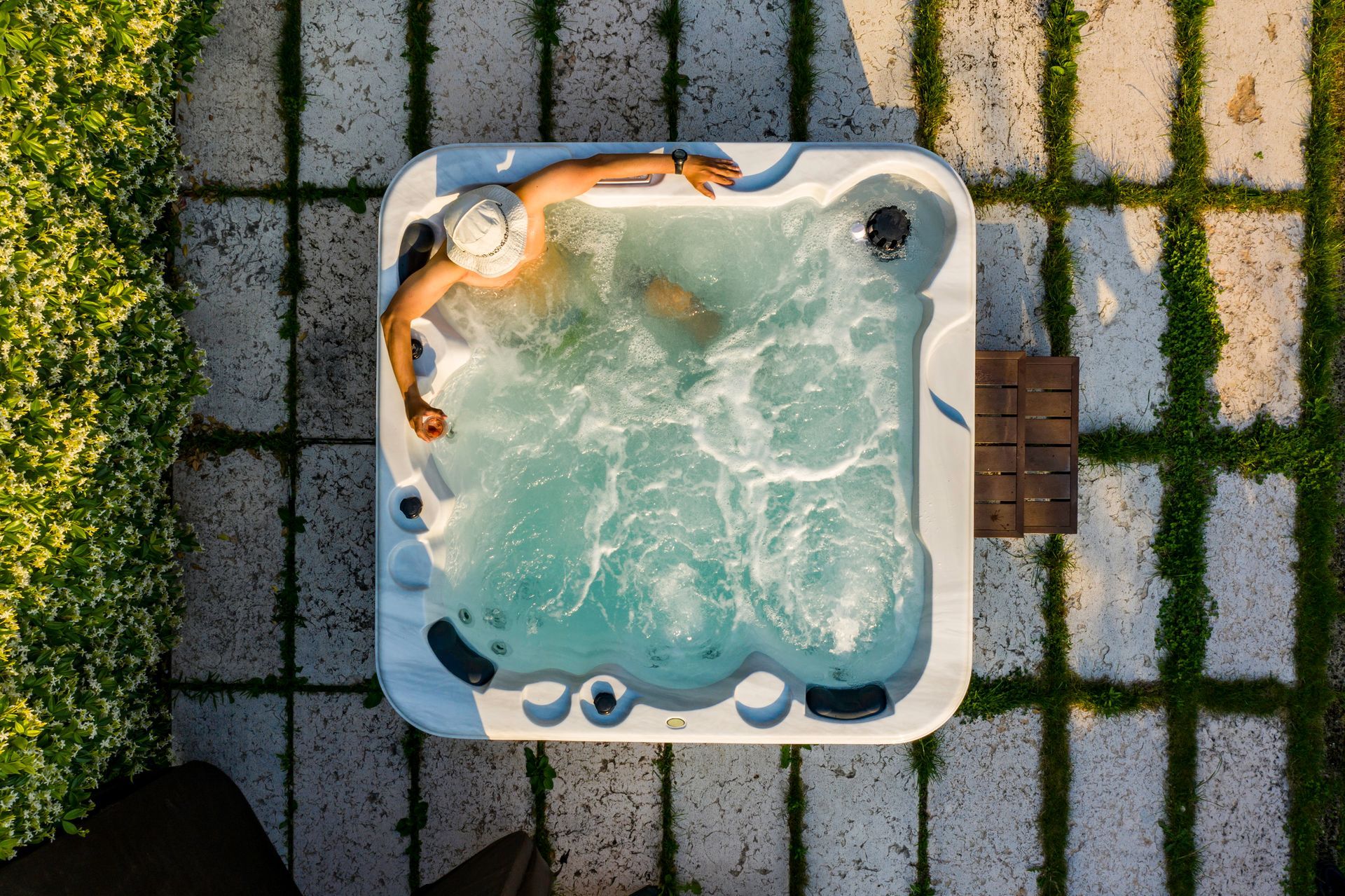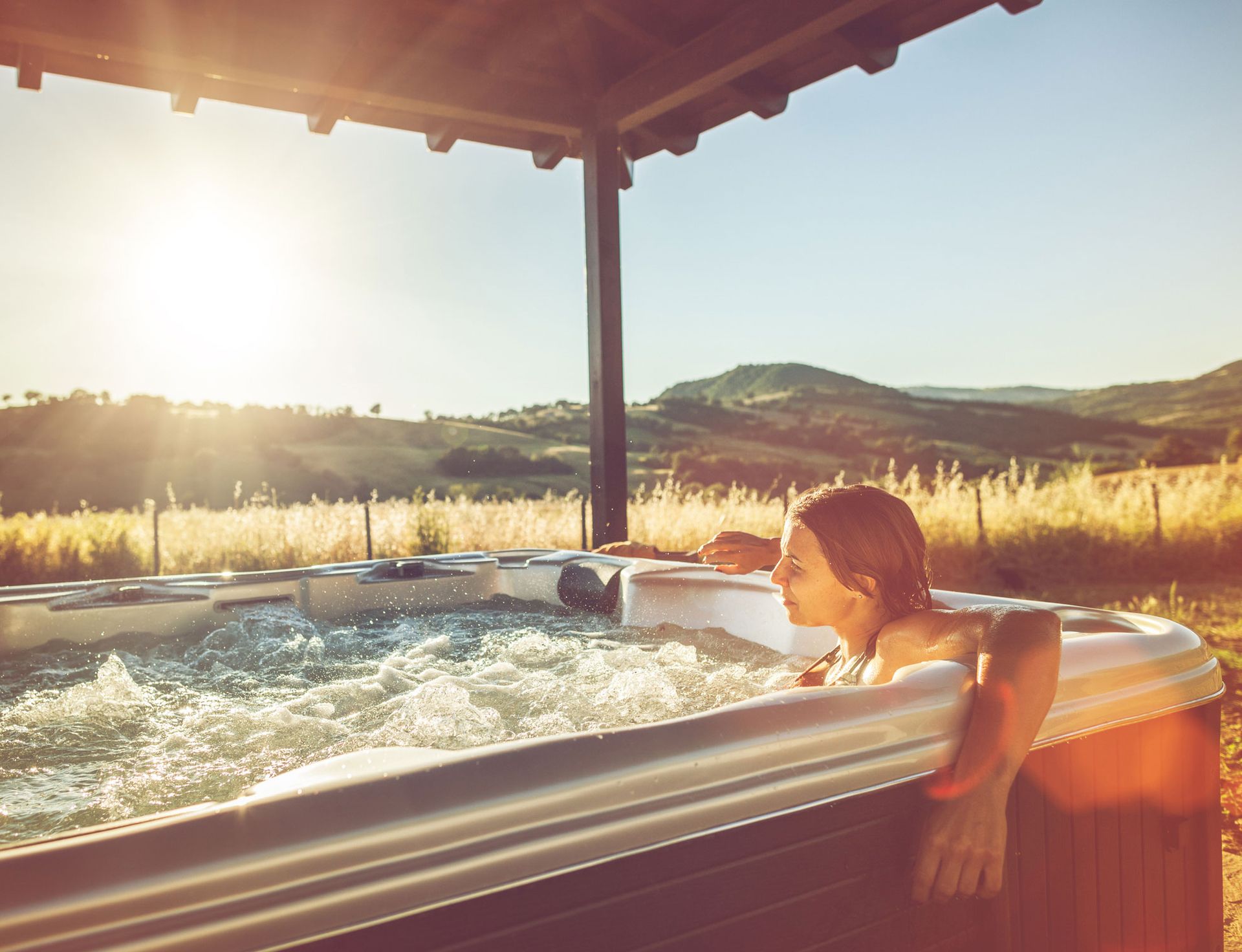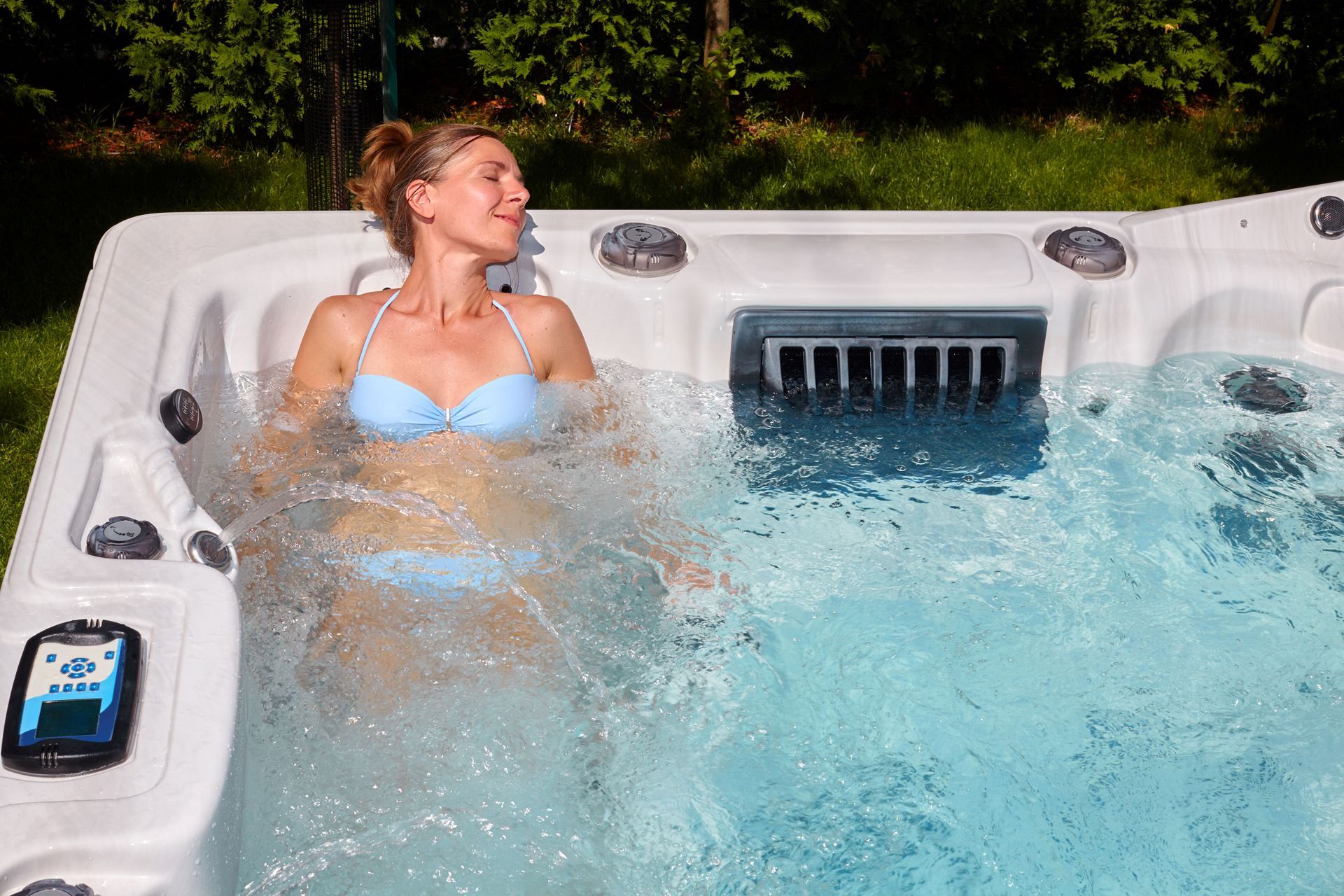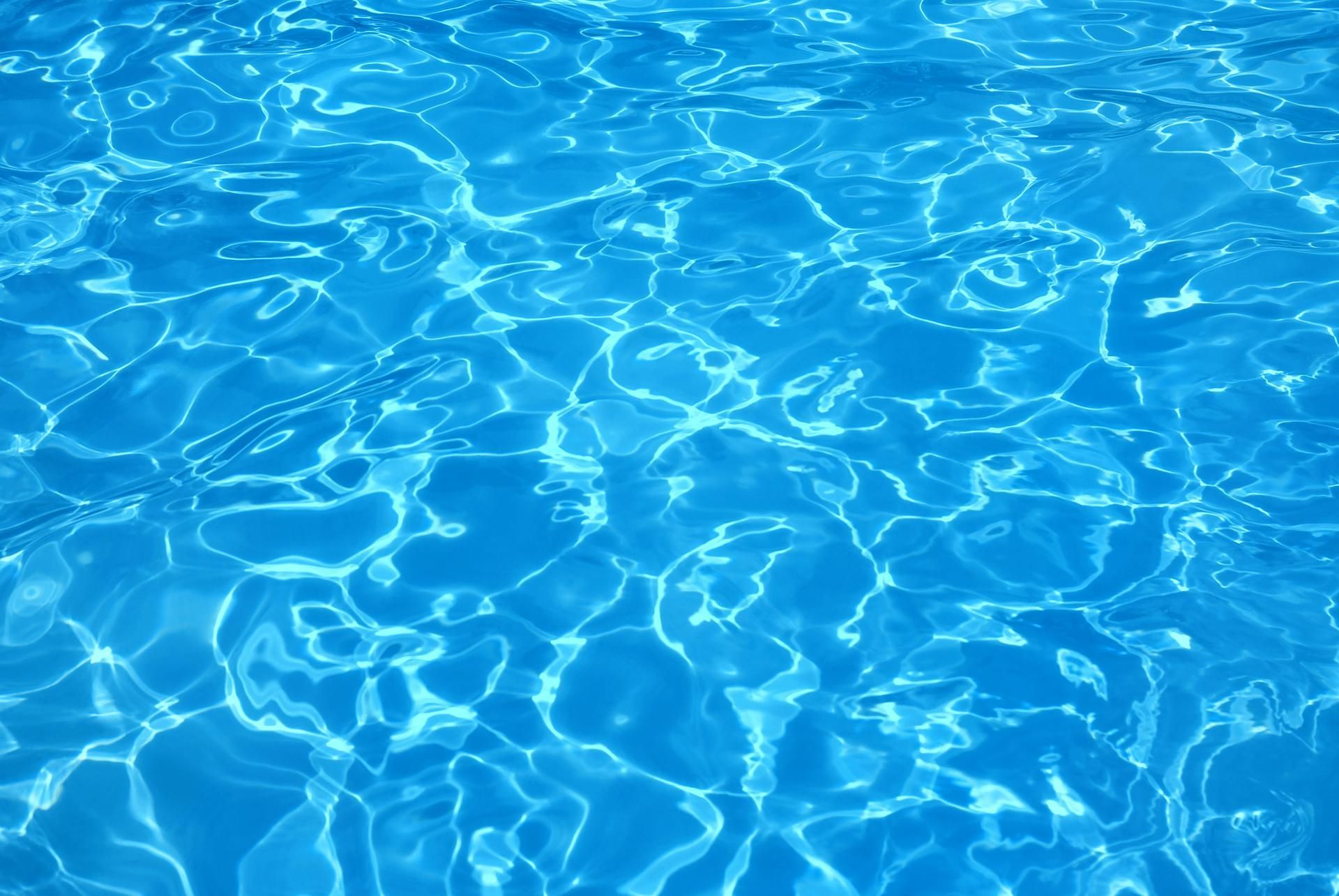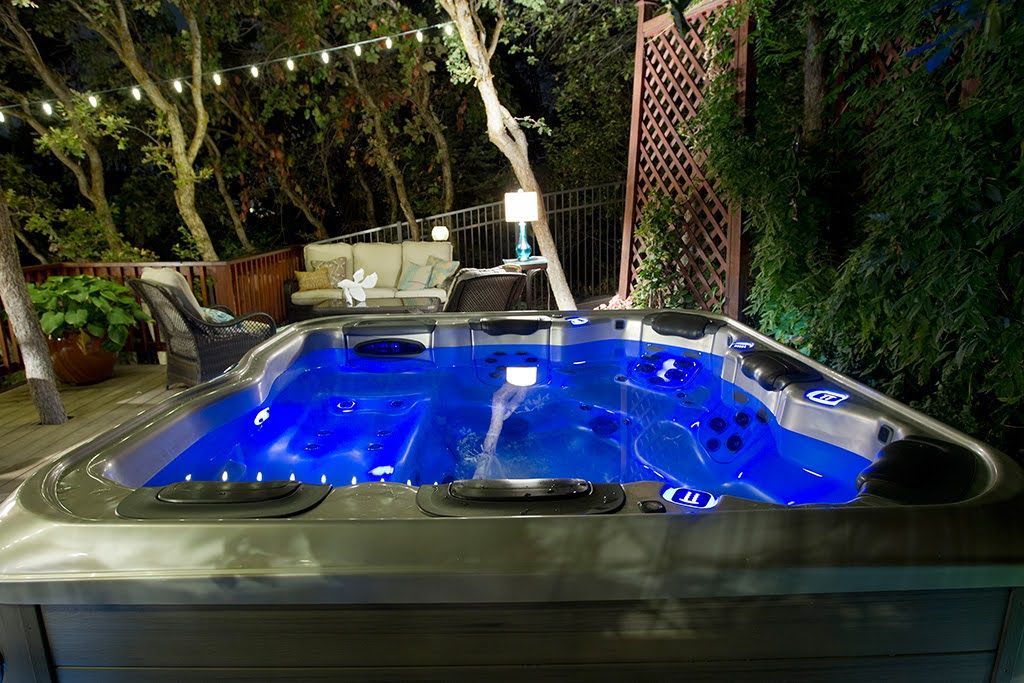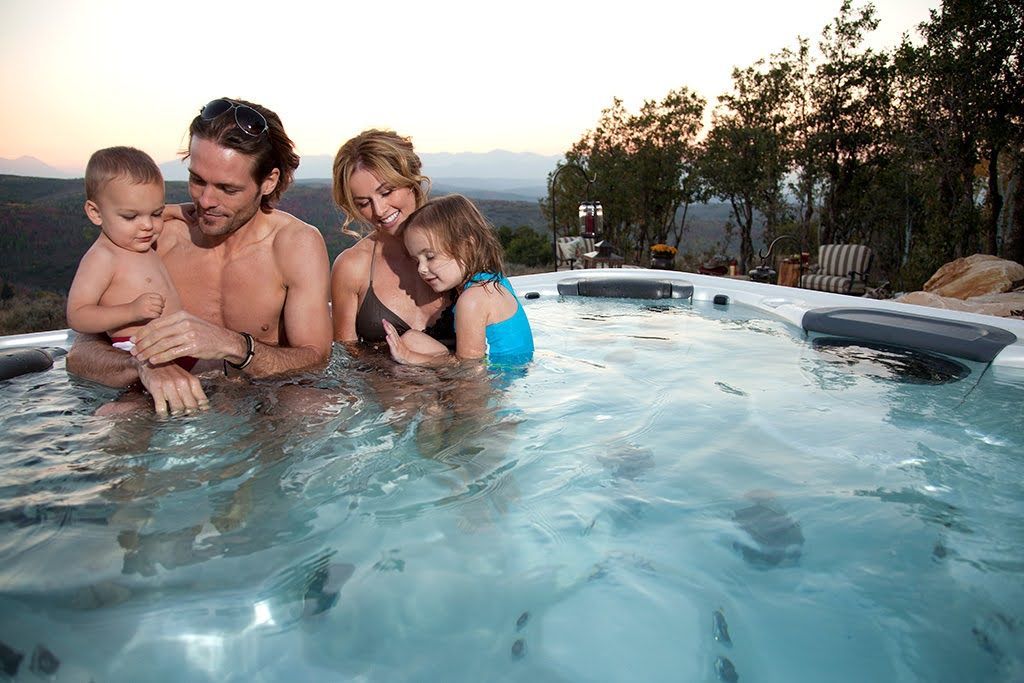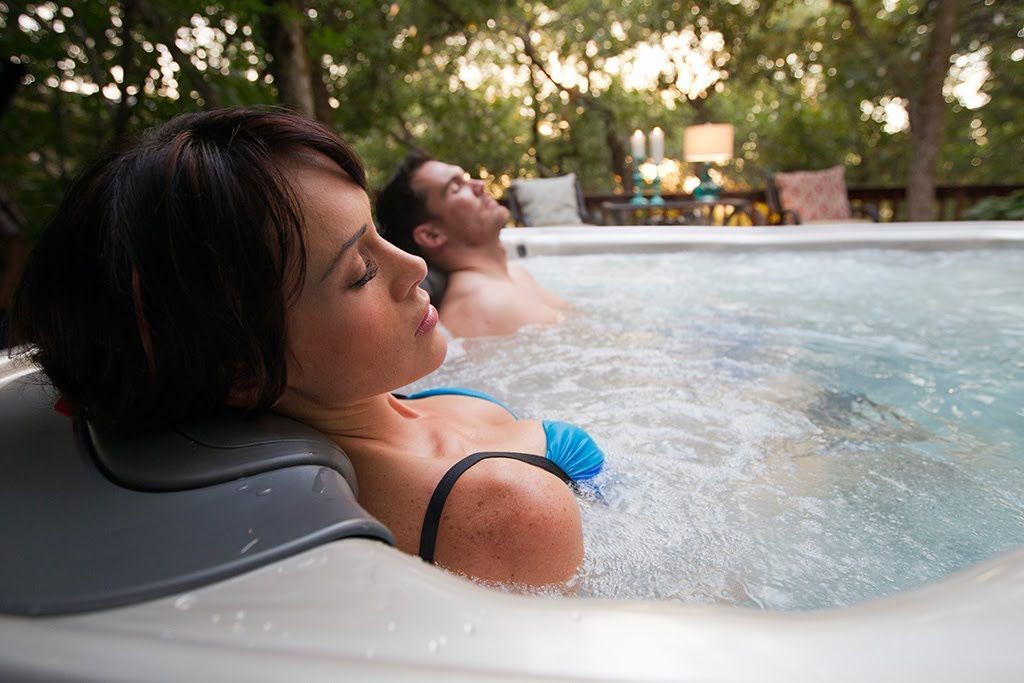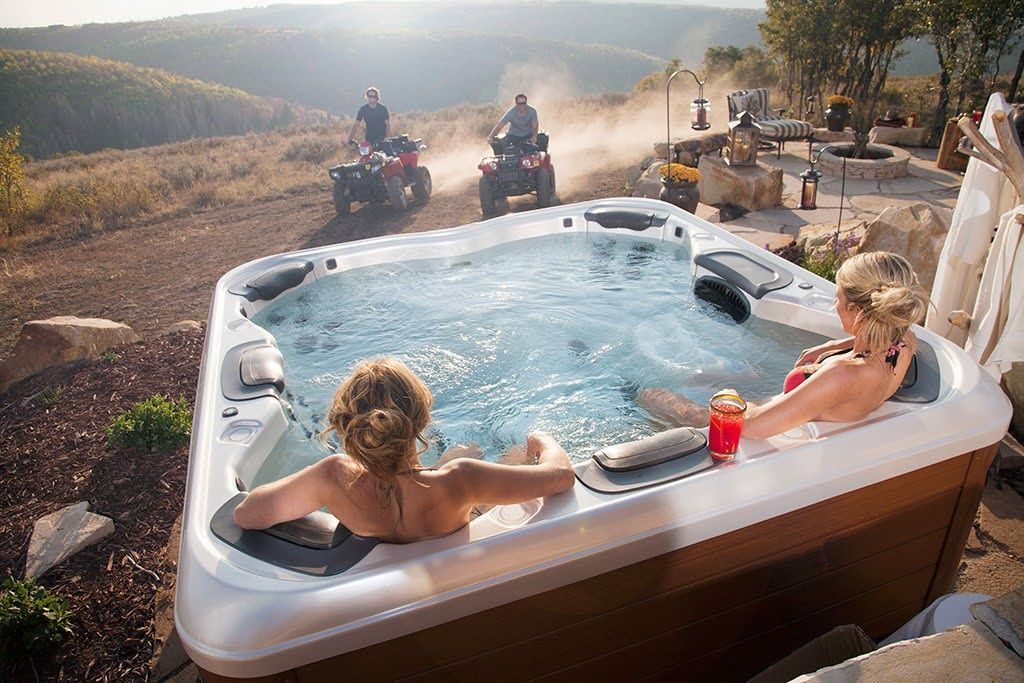Ready Your Home And Finances For A Hot Tub
There's nothing quite like soaking in the warm, bubbling water of a hot tub after a long day. The therapeutic benefits, coupled with the ability to unwind in the privacy of your own home, make buying a hot tub an enticing investment for many homeowners. However, before you dive into this luxurious addition, it’s important to prepare your home and finances appropriately. This guide will walk you through everything you need to consider when readying your home and finances for a hot tub.
Choosing The Right Hot Tub For Your Needs
Before making any purchases, it’s crucial to understand what type of hot tub suits your lifestyle and space. Consider whether you're going to be using your hot tub for recreational, medical, or exercise use. Consider how many people will be using it regularly, whether you prefer built-in or portable models, and if additional features like jets or lighting are essential to you. The size and style significantly influence the initial cost, the installation requirements, and ongoing maintenance. If you have issues or concerns about the type of hot tub to install, speak to a hot tub specialist to assist you.
Assessing Installation Requirements
Once you've narrowed down your choices, assess your home's suitability for installation. The main considerations are space, electrical allowances, and structural support. A hot tub needs a solid foundation—typically concrete or reinforced decking—to support its weight when filled with water and occupants. Consult with a structural engineer if necessary to ensure your chosen location can handle the load.
Additionally, access to electricity is vital since most models require a dedicated high-voltage electrical line. Hiring a qualified electrician will ensure that your hot tub setup is safe and compliant with local regulations.
Lastly, consider privacy and aesthetics in your layout plan. Position the hot tub in a location that offers seclusion from neighbors while enhancing the overall look of your backyard or patio.
Planning Your Budget
Buying a hot tub goes beyond just the upfront cost; you'll also need to budget for installation, maintenance, and operational expenses. Start by researching different models to get an idea of price ranges within your budget.
Installation costs can vary greatly depending on factors such as site preparation, electrical work, and any landscaping required to make space suitable for the hot tub. It’s advisable to request quotes from multiple contractors so you can compare prices and services.
Factor in ongoing costs as well: electricity usage could add costs to your utility bill every month depending on usage frequency and climate conditions; maintenance supplies such as chemicals carry a cost as well. Infrequent or unexpected repairs should be accounted for in long-term budgeting.
Preparing Your Home's Water Supply
Consider water supply needs when installing a hot tub, such as how you will have your hot tub filled. While most tubs can be filled with a standard garden hose connection, some larger units require dedicated plumbing to fill a hot tub and maintain the water levels. Make sure you have the budget and plumbing required to keep your hot tub in its best condition. If you have a water filtration system in your home, it may be an important factor in your hot tub choices and installation as well.
With a little planning and budgeting, installing a hot tub can be a seamless and welcome addition to your home. By choosing the right model and preparing your home's infrastructure properly, you can ensure both your own enjoyment and the longevity of your investment. Speak with one of our hot tub specialists at Wellis Hot Tubs of Colorado to select your new hot tub today.

